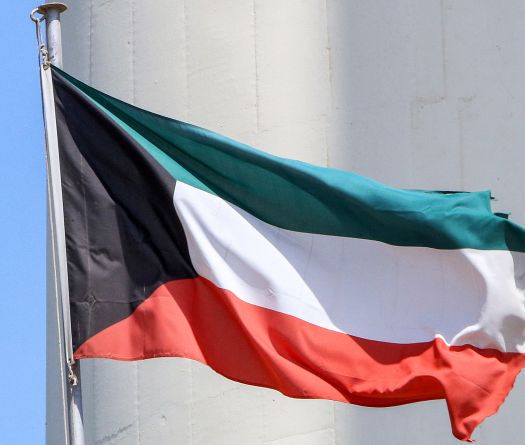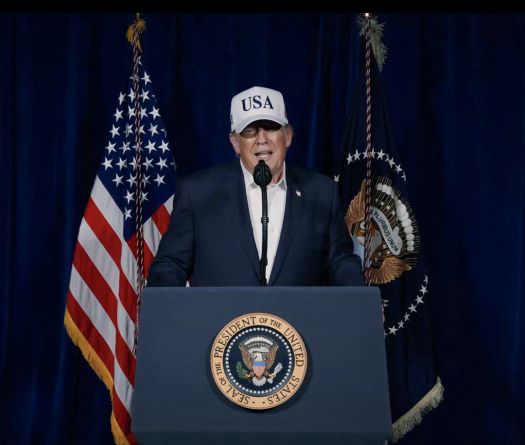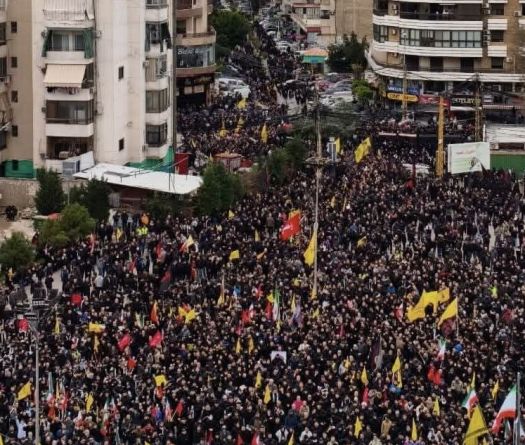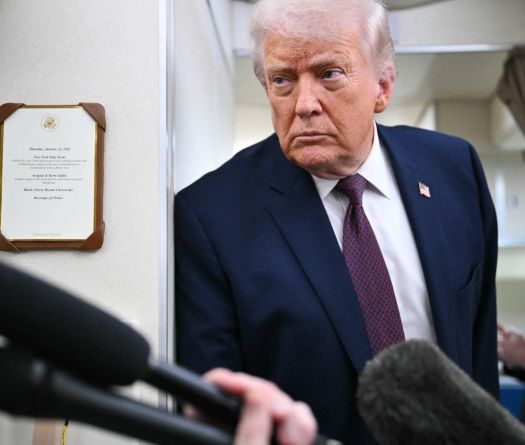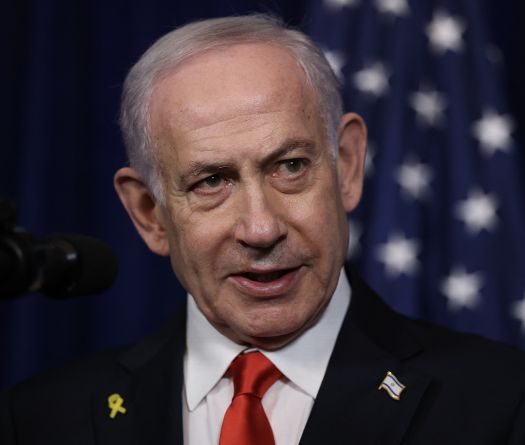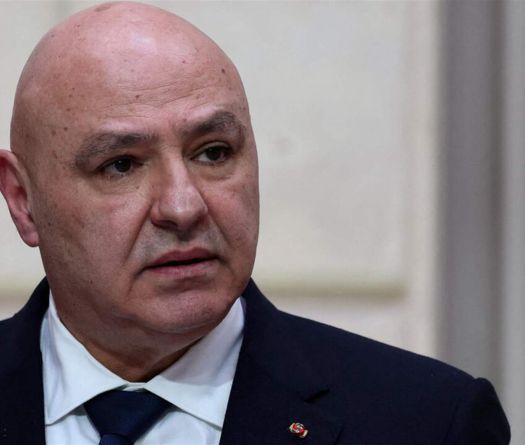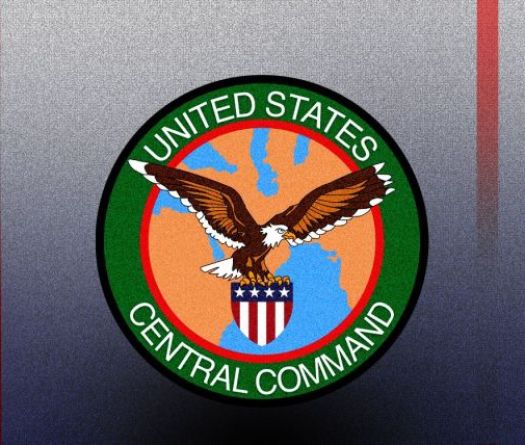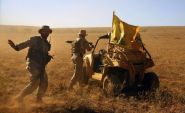
- 23:19 Trump tells Iran's Revolutionary Guard to surrender or face 'certain death'
- 23:16 Trump tells Iranians to rise up, 'America is with you'
- 23:15 UK 'will not join offensive action in Iran': Starmer
- 23:13 Trump vows to avenge US military deaths, warns more likely
- 23:13 UK to let US use its bases for missile strikes on Iran: Starmer
- 23:07 EU reinforces Red Sea naval mission with two French ships: diplomat
- 22:53 Several injured in Jerusalem after Iran missile barrage: first responders
- 22:37 Series of blasts over Jerusalem: AFP journalists
- 22:14 Trump says war on Iran could last four weeks: report
- 22:01 Trump says 'we expect casualties' after three US service members die: NBC


Israel Warns Hezbollah of “Severe Blow” as Group Condemns U.S.-Israeli Strikes on Iran
This is Beirut 28/02 17:50

Lebanese Authorities Warn Hezbollah Over Escalation Risks as Regional War Rages
This is Beirut 28/02 14:10

Israeli Airstrikes Target Southern Lebanon Amid Escalation with Iran
This is Beirut 28/02 11:10

Israel Deploys 91st Division to Lebanon Border as Lebanese Leadership Warns Against “Adventures”
This is Beirut 28/02 10:15
See all

Operation Epic Fury: Over 1000 Iranian Targets Struck
This is Beirut 23:05
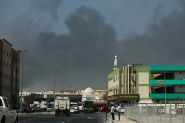

Iranian Missile Strike Hits Israel, Killing at Least Nine
This is Beirut 16:30

Gulf Countries to Hold Video Meeting on Iran Attacks Sunday: Two Diplomats
This is Beirut 15:05

Iran State TV Says Oil Tanker Struck in Strait of Hormuz
This is Beirut 14:10
